...And Here, Darn it, Is The Worst Heartbreaker Of 2009
 It is both the most "fun," and most
difficult task, facing the ANN staff at the end of every year --
determining who, or what, did the most to promote the cause of
aviation in the past 365 days... while also chastising those people
or entities that did all they could to undermine the many successes
the aerospace community has managed to accomplish.
It is both the most "fun," and most
difficult task, facing the ANN staff at the end of every year --
determining who, or what, did the most to promote the cause of
aviation in the past 365 days... while also chastising those people
or entities that did all they could to undermine the many successes
the aerospace community has managed to accomplish.
Alas, 2009 saw more than its fair share of downers, aviation-wise.
Sure, "stuff" happens... but a few folks, issues, or entities
seemed to go out of their way to create problems for the world of
aviation.
So... it is ANN's annual obligation to recognize Ten of our
Aero-Heartbreakers for 2009... in something of an informal order,
starting from the 10th to the 1st.
Let us know what you think of our selections... whom YOU would
have liked be included, or omitted, from such a list. In the
meantime, we hope those who had something to do with this year's
selections think a little more positively about the welfare of this
industry, so that future lists become harder and harder to
catalog.
Be it ignorance, arrogance or just plain incompetence, these
were the folks or topics that made our lot a whole lot more
difficult and immeasurably injured the aviation world in the past
year.
Shame on those issues, folks, or groups that made our lot so
much tougher in 2009...
Aero-Heartbreaker #1: The TSA
By Tom Patton, News Editor
Our Greatest 'Heartbreaker' In Aviation 2009 describes not a
person, but an agency. The Transportation Security
Administration.
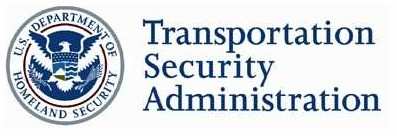
TSA's biggest problems were at least in part not of their
own making: there was a lack of permanent leadership at the agency,
and so there was no one really to steer a clear course. The GA and
Biz-Av communities spent much of the early part of the year
fighting the proposed Large Aircraft Security Program (LASP). The
proposed rule would have required, among other things, flight
crewmember criminal history records checks and security threat
assessments; watch list matching of passenger manifests; and
security training for all flight crew members. Operators would also
have been required to have "Security Coordinators" on-staff.
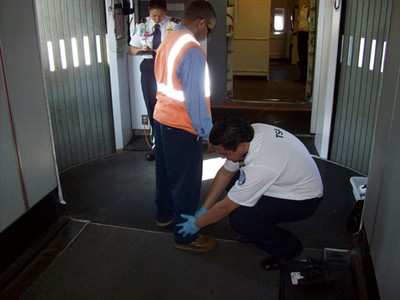
Still another requirement would have required that designated
reliever airports -- airports that function to ease traffic at
larger commercial facilities, primarily by attracting corporate air
traffic -- comply with new security requirements. There would have
been further security measures for large aircraft operators in
all-cargo operations, and for operators of passenger aircraft with
a MTOW of over 100,309.3 lbs (45,500 kg), operated for compensation
or hire. TSA received more than 7,000 comments about the LASP, most
of which were negative. A quick search on ANN will give you a great
overview of the LASP debacle.
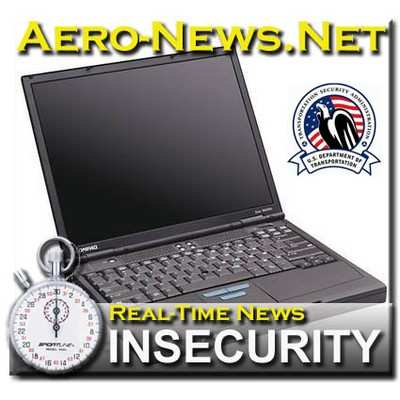
Then there was "Operation Playbook", which, as ANN reported in
March "... appears to focus primarily on improved airport
surveillance... in the form of increased, nonspecific security
patrols (i.e, patrols conducted at random times) and random checks
of personnel -- including pilots -- on the ramp at participating
airports. As stated by AAAE, TSA notes "Operation Playbook" is a
voluntary program... but the impetus is clearly on airports to
concede to the TSA guidelines, despite the fact those facilities
will be
responsible for all costs incurred on their side to comply
with requirements of the agreement."

TSA also tried to
implement a security directive that would have required an
onerous badging system at individual airports that
could have kept airplane owners from walking to their airplanes
unescorted.
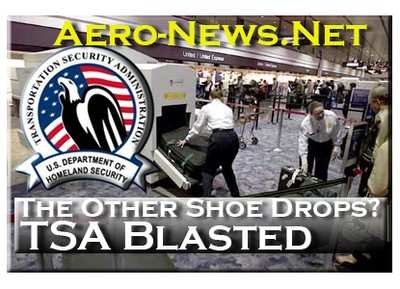
TSA ran into another firestorm when it proposed to replace, or
at least supplement, metal detectors at airport security
checkpoints with full body scanners, which would allow a fairly
clear view of what was going on under passengers clothes. The
proposal drew fire from civil liberty groups and privacy
organizations.
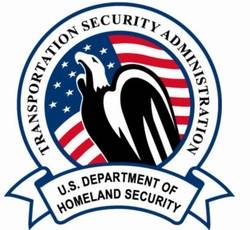
We could go on, but you probably get the point. At the beginning
of this year, President Obama's choice to lead TSA, Erroll
Southers, withdrew his name from consideration for the top job at
the agency, there was an incident in which honey alerted an
explosives detection machine, and a TSA agent reportedly planted a
plastic bag of white powder in a college student's suitcase as a
"joke". Not an auspicious start.

To be fair, the vast majority of TSA employees are professional,
efficient men and women doing a difficult job to keep us safe in
the air. As is often the case, the problems seem to lie with the
leadership, or lack thereof, at the agency. But for the body of bad
proposals that could have crushed GA and led to onerous regulations
for business aviation at a time when they needed it least, it is
with really no joy that we name the Transportation Security Agency
our 2009 "Greatest HeartBreaker In Aviation".
 Classic Aero-TV: VerdeGo Debuts VH-3 Hybrid-Electric Powerplant
Classic Aero-TV: VerdeGo Debuts VH-3 Hybrid-Electric Powerplant NTSB Prelim: Grumman American Avn. Corp. AA-5B
NTSB Prelim: Grumman American Avn. Corp. AA-5B ANN's Daily Aero-Linx (12.02.25)
ANN's Daily Aero-Linx (12.02.25) Aero-News: Quote of the Day (12.02.25)
Aero-News: Quote of the Day (12.02.25) Aero-News: Quote of the Day (12.03.25)
Aero-News: Quote of the Day (12.03.25)










